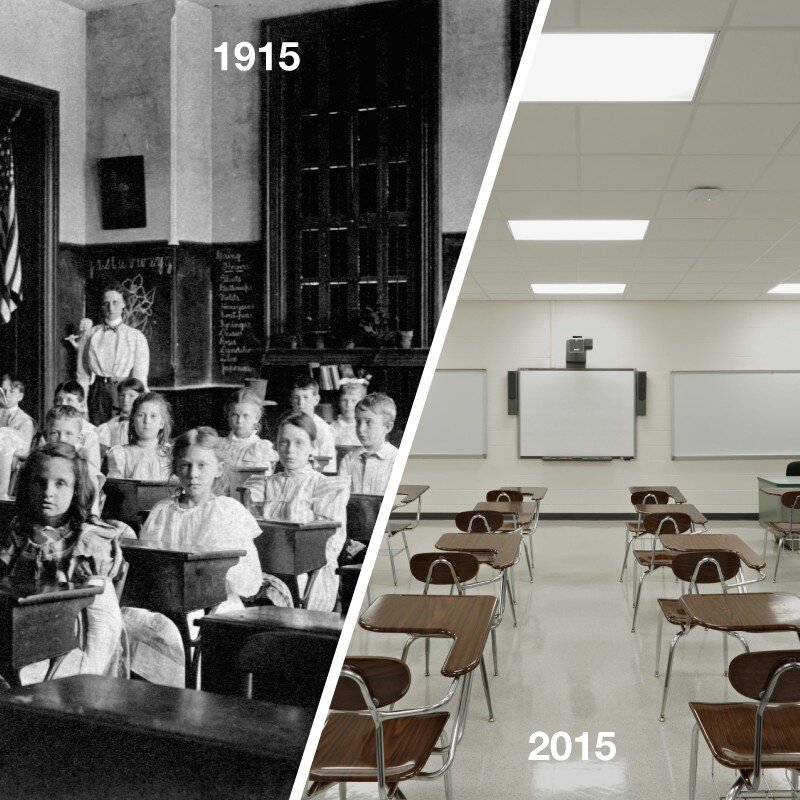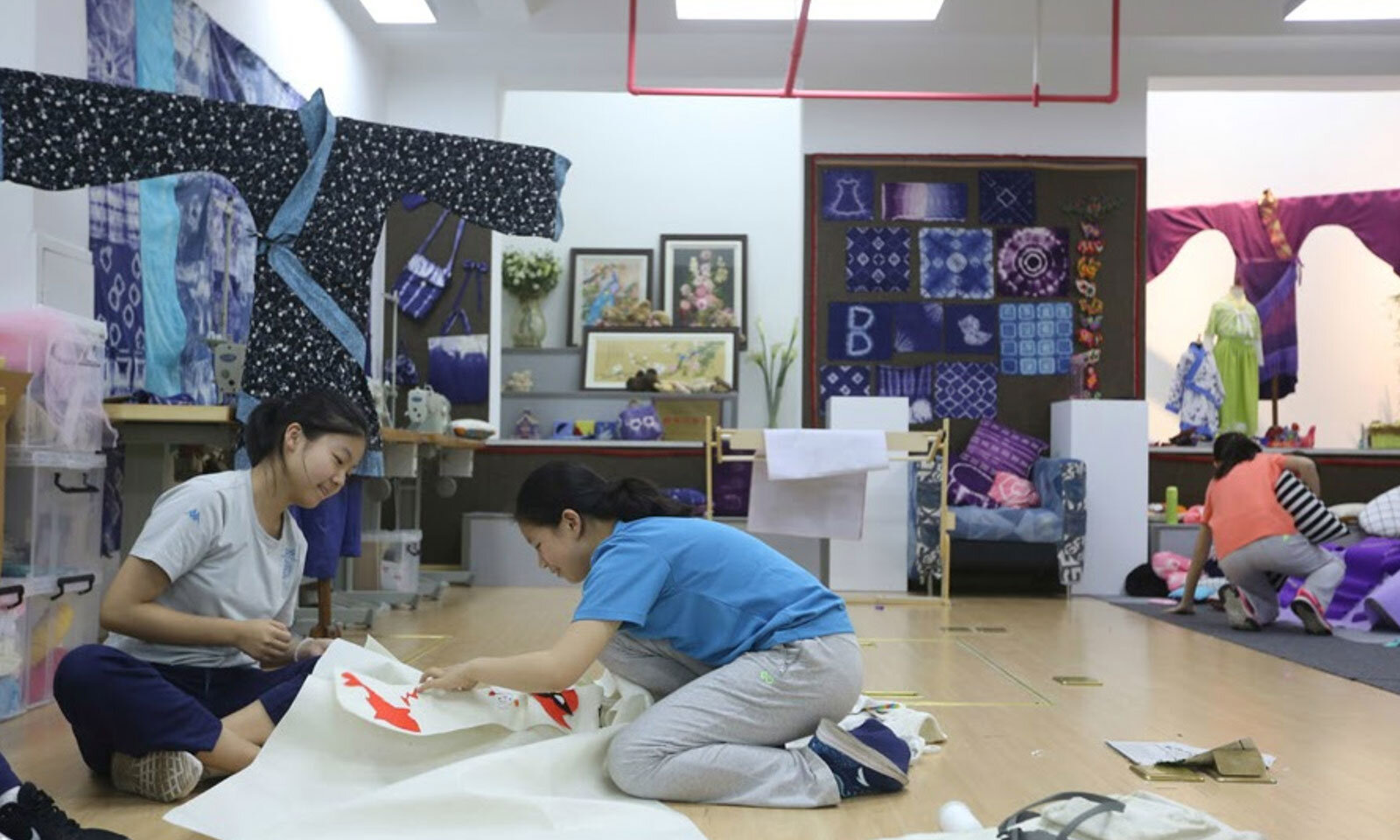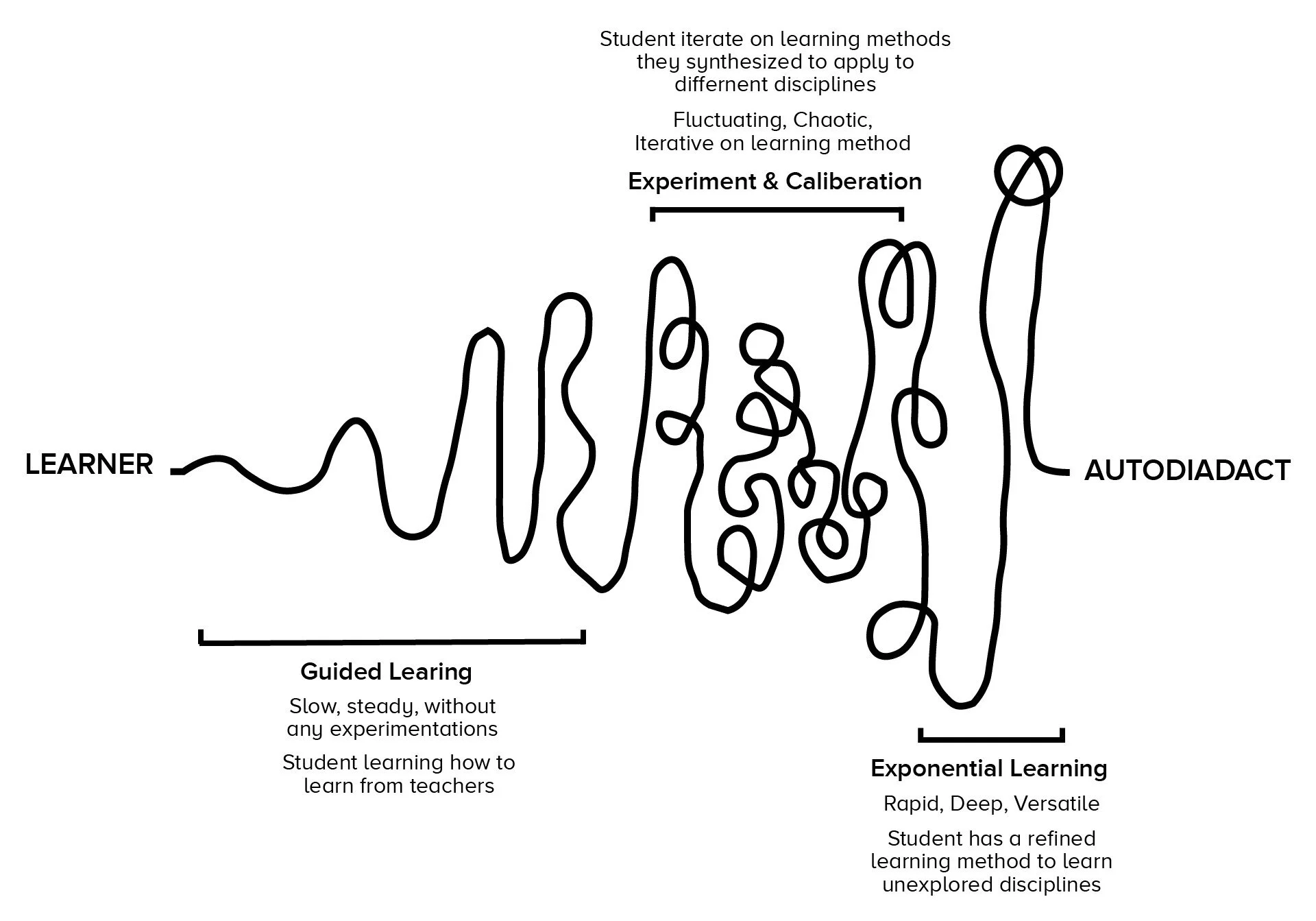
Afanti Technologies
Problem
A new international school in Hainan Province has tasked us to create a brand new technology platform that can enhance teaching and learning and can be scalable to other international schools in China
Solution
We have created a product concept that utilize the latest technologies available at Afanti Technologies to create a student-centric learning experience and a comprehensive SaaS product for the upcoming school.
Product Concept
Duration: May 2017 - August 2017 | Team: 3 Product Manager | Contribution: User research, Competitor analysis, Product vision and specification, Concept presentation
Project Manifesto
Given a blank canvas, how might we utilize technology to redesign education for grade school students?

The challenges that shape our future — global warning, emergence of AI, gender inequality, vast wealth gap — are all outcomes of unpredictability.
Only when students learn by themselves can they keep adapt to the unknown.
Self learning is a chaotic journey, rather than a destination. It involves 4 key steps, learning how to learn, experimenting and calibrating, abstracting and exploring. Each step takes different time and trajectory for different learner.
We see technology not as a substitute, but a companion of teachers and students in this self-learning journey.
Majority of our ideation focused on coming up with scenarios where these technologies can effectively assist learning.
Customization engines, big data analytics, artificial intelligence and pervasiveness of technology enables deeply personalized, highly engaging learning experience to be catered for each learner’s journey with ease. Teachers are guides and learners are voyagers, while technology act as the vehicle that help speed learners along the journey to self learning
A day in life of a student
Morning: Flipped Classroom
Everyone has a personalized learning path for the class, depending on their learning speed and mastery of previous learning objective. Teacher spends more time with students who are struggling, while others pace themselves through their material.
Afternoon: Interdisciplinary Project
Projects help learners experiment and abstract their knowledge and know-hows across different context. While open-ended, projects are assessed on a set of learning objectives that are defined by teachers. Learning objectives are extracted from different disciplines and measured throughout.
Free time: Field trip and project work
Learning happens everywhere. Leveraging smartphones in every learner’s pocket, learners can document their process outside of the classroom with a mobile app, making learning more engaging and relevant to the real world
Night: Review and revision
Rather than arbitrary scores, learners receive “play-by-play” highlights of their participation in class, and personalized feedbacks from teachers and peers on those highlight moments. Feedback cycles are shorten, empowering learners to experiment and calibrate more.
Expanding on a highlight moment shows teacher’s feedback

Outcome and Impact
Education has existed since humans emerge. We, unique as individuals, personalizes our learning by taking part in different experience. We iterate by trial and error, and expand our horizons by adapting to changing environments
Education should return to the basics, by understanding human nature to learn and adapt. Technology’s role in education, then, should facilitate these natural learning experiences, by creating more personalized opportunities, pick up the errors people make, and facilitate learning in any setting.








